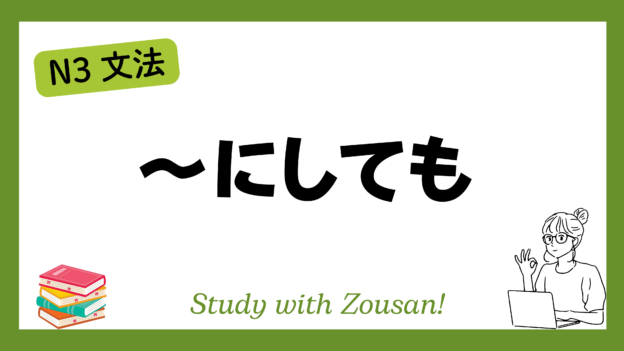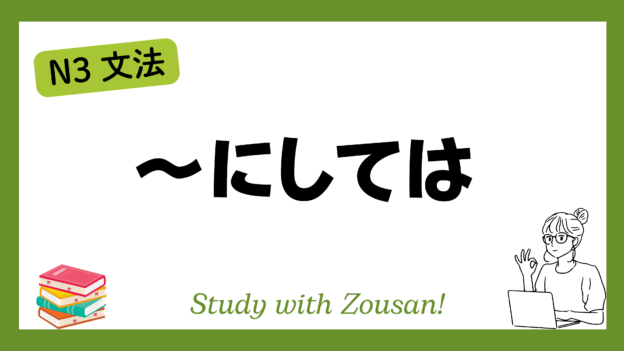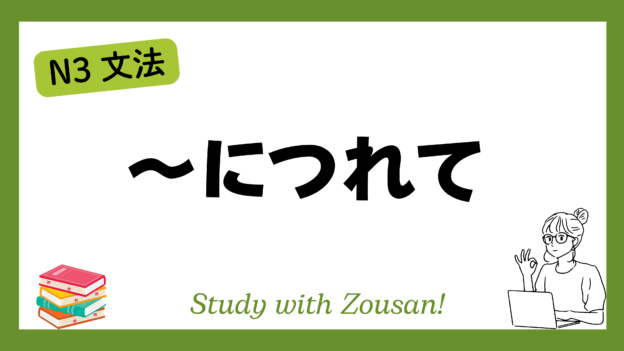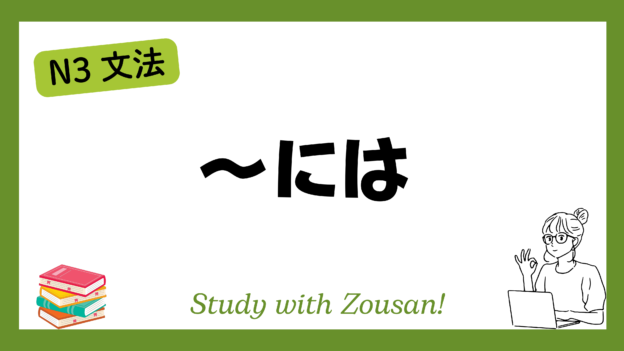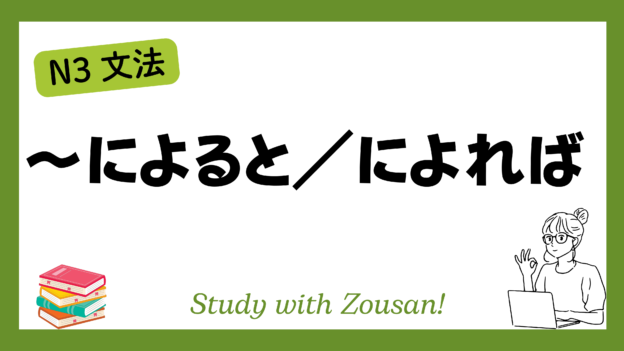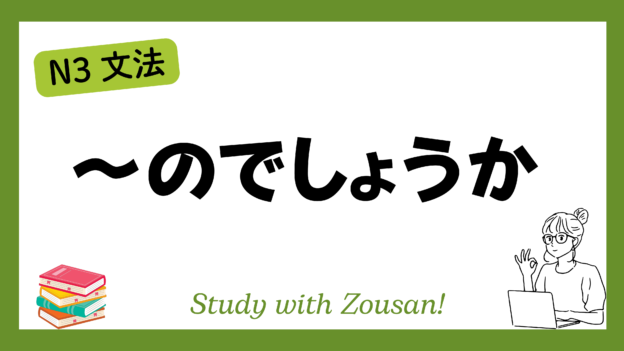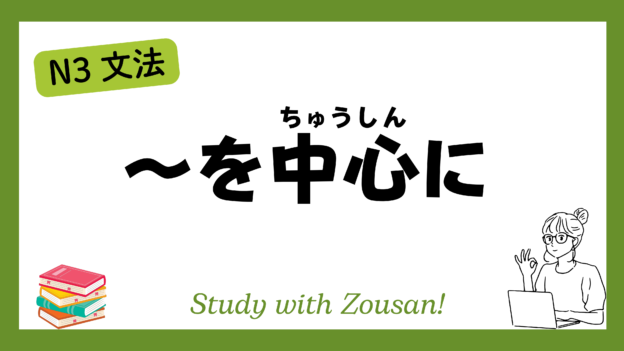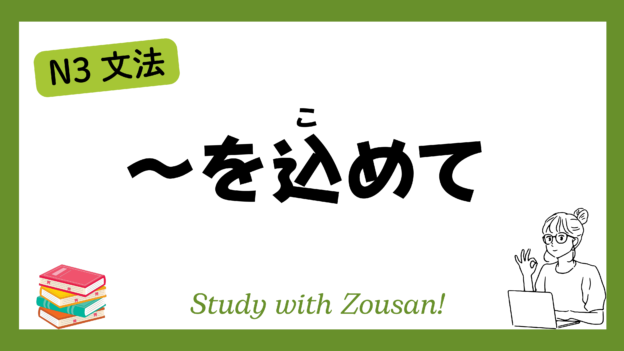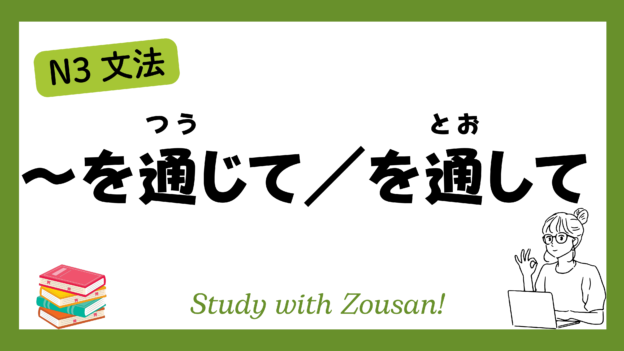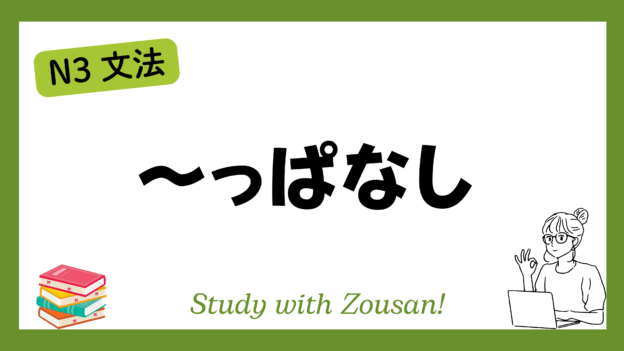Meaning: “Even if…”, “Even though…”
“~にしても” is used to express concession or limitation, similar to “even if” or “even though.” It is often used when acknowledging a fact or situation, but then pointing out that it still doesn’t change the overall conclusion or outcome. It is frequently employed to emphasize that something remains true despite certain conditions.
※Note: “~にしても” is typically followed by a clause that shows the speaker’s opinion or an unexpected result, despite the previous condition being acknowledged.
Structure:
| Verb (casual) | + にしても |
| Noun + (である) | |
| な-adjective + (である) | |
| い-adjective |
Example:
-
-
-
🌟 たとえ雨が降るにしても、明日のピクニックは行きます。
(たとえ あめ が ふる にしても、あした の ピクニック は いきます。)
Even if it rains, I will go to the picnic tomorrow. -
🌟 彼が忙しいにしても、連絡ぐらいできたはずだ。
(かれ が いそがしい にしても、れんらく ぐらい できた はず だ。)
Even though he’s busy, he could have at least contacted me. -
🌟 日本に行くにしても、仕事を見つけるのは簡単ではない。
(にほん に いく にしても、しごと を みつける の は かんたん では ない。)
Even if you go to Japan, finding a job is not easy. -
🌟 彼女が理由を説明したにしても、納得できない。
(かのじょ が りゆう を せつめい した にしても、なっとく できない。)
Even though she explained the reason, I still can’t accept it. -
🌟 値段が高いにしても、この品質は良いです。
(ねだん が たかい にしても、この ひんしつ は よい です。)
Even though the price is high, the quality is good. -
🌟 彼の年齢にしても、その体力はすごいです。
(かれ の ねんれい にしても、その たいりょく は すごい です。)
Even for his age, his physical strength is amazing. -
🌟 準備が遅いにしても、もう少し早く終わるべきだった。
(じゅんび が おそい にしても、もう すこし はやく おわる べき だった。)
Even though the preparations were slow, it should have been finished earlier. -
🌟 学生にしても、この問題は難しいだろう。
(がくせい にしても、この もんだい は むずかしい だろう。)
Even for students, this problem is probably difficult. -
🌟 結果が良かったにしても、方法には問題がある。
(けっか が よかった にしても、ほうほう には もんだい が ある。)
Even if the result was good, there are problems with the method. -
🌟 彼女は優しいにしても、時々厳しくするべきです。
(かのじょ は やさしい にしても、ときどき きびしく する べき です。)
Even though she is kind, she should be strict sometimes.
-
-


